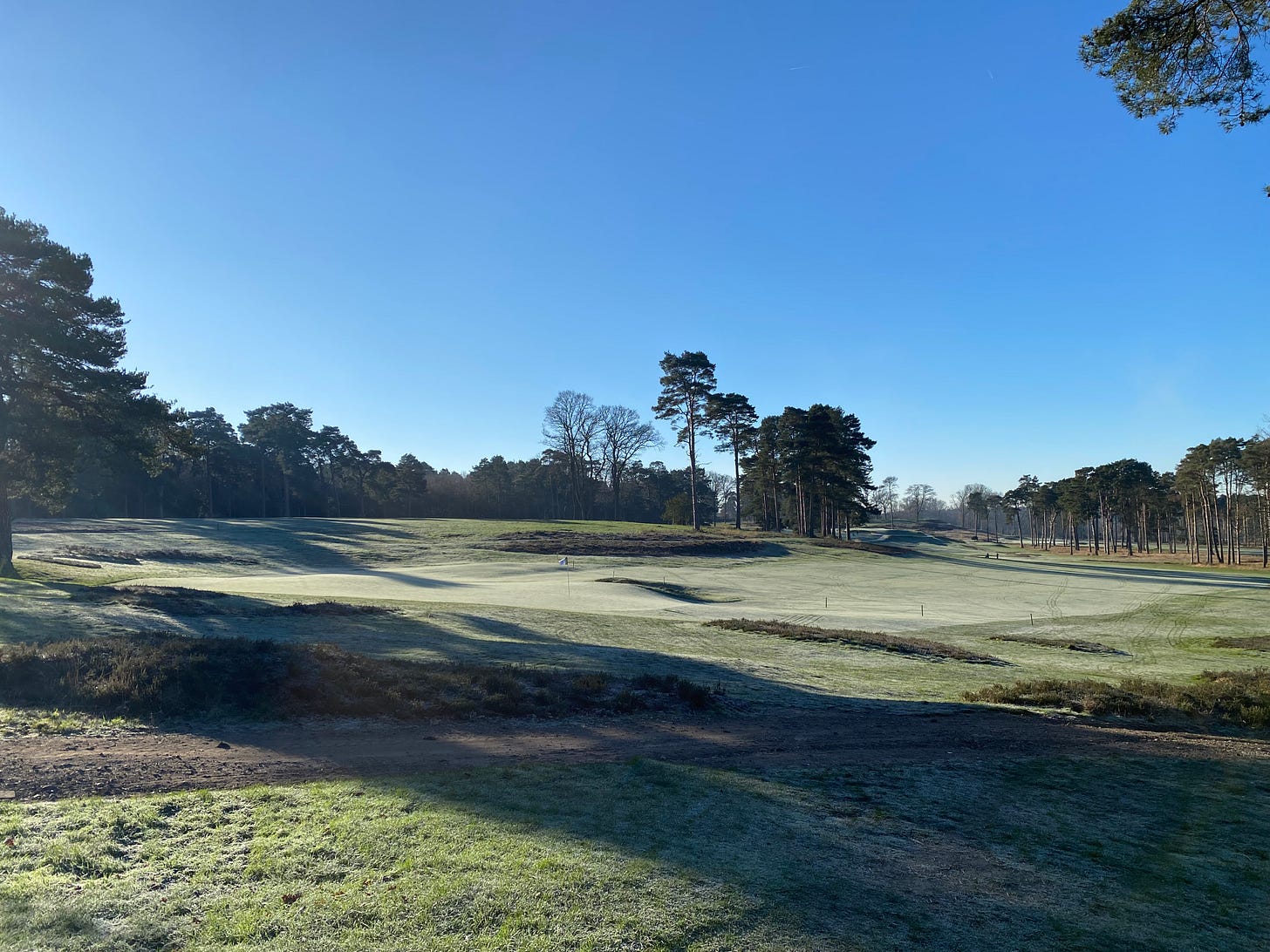Pitchmarks #30 - 28th January 2024 - "An Invincible Summer"
“In the midst of winter, I found there was, within me, an invincible summer. And that makes me happy. For it says that no matter how hard the world pushes against me, within me, there's something stronger – something better, pushing right back”
Albert Camus
I must have first read Camus’ “L’Etranger” in school I suppose. And fro…



